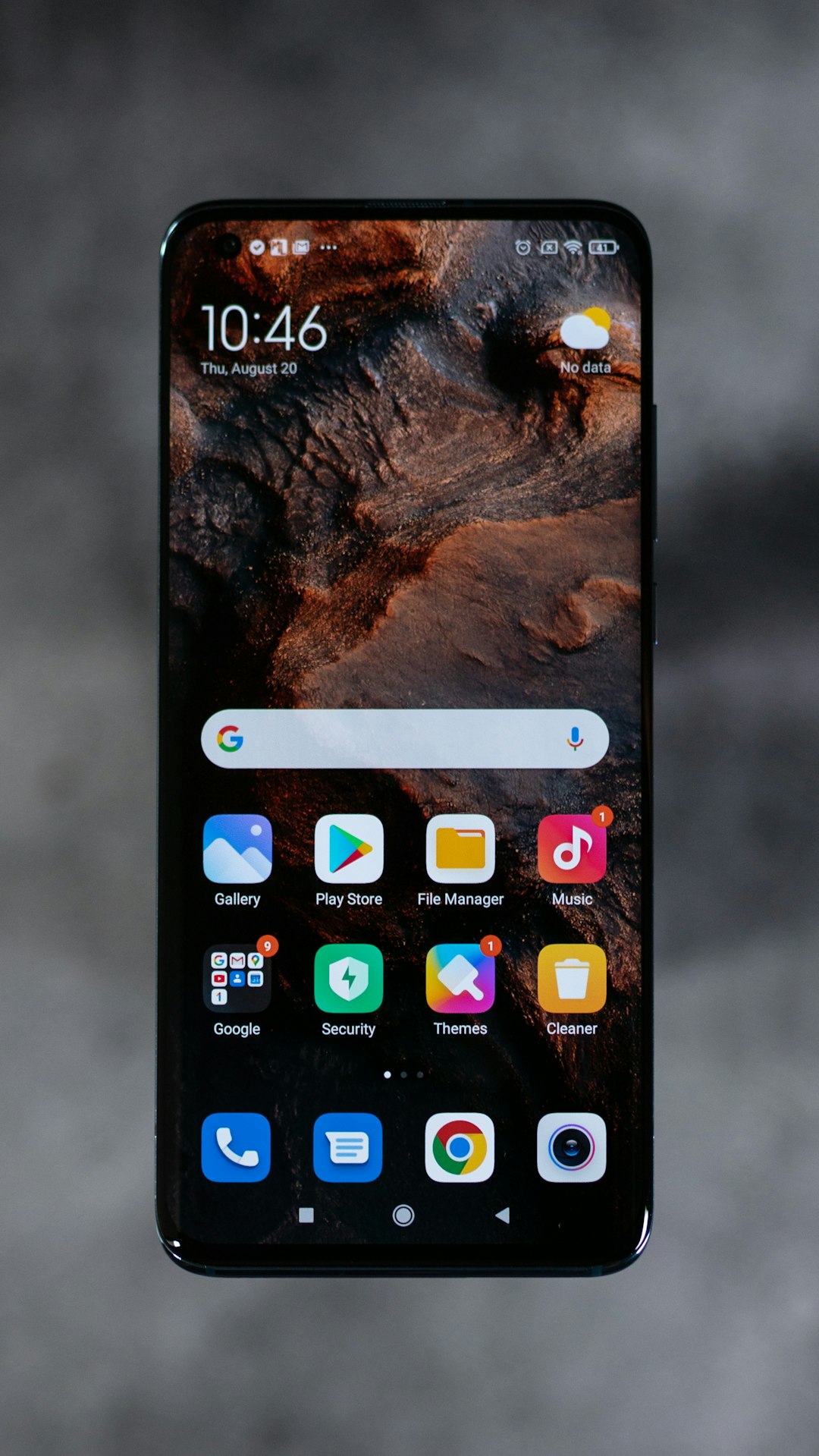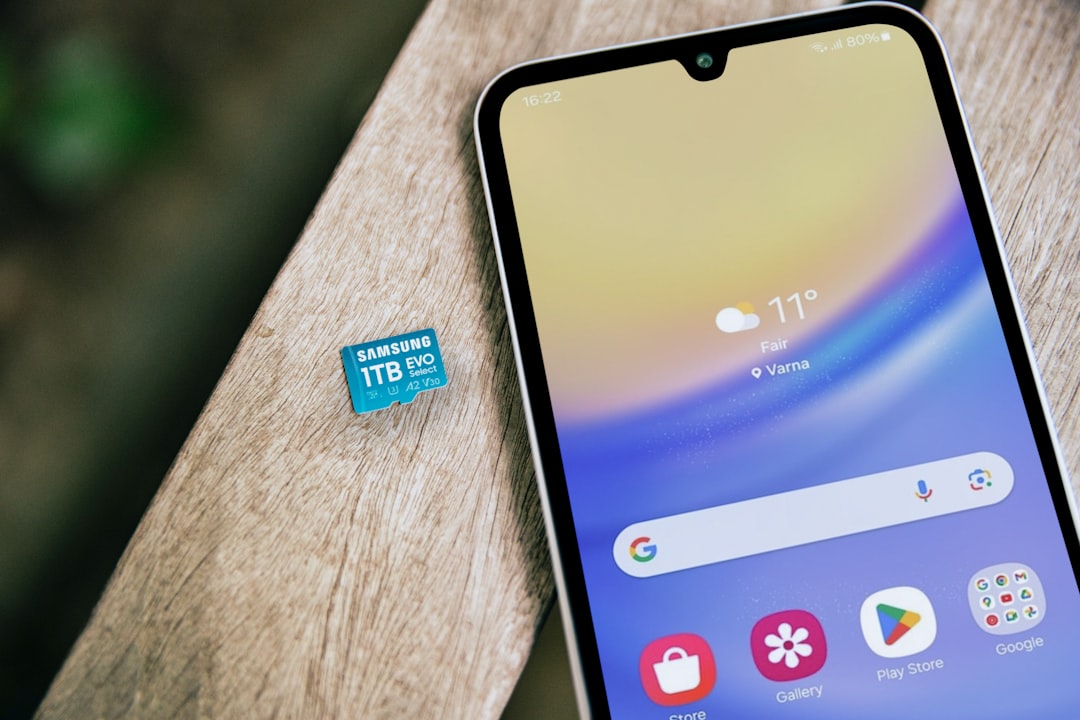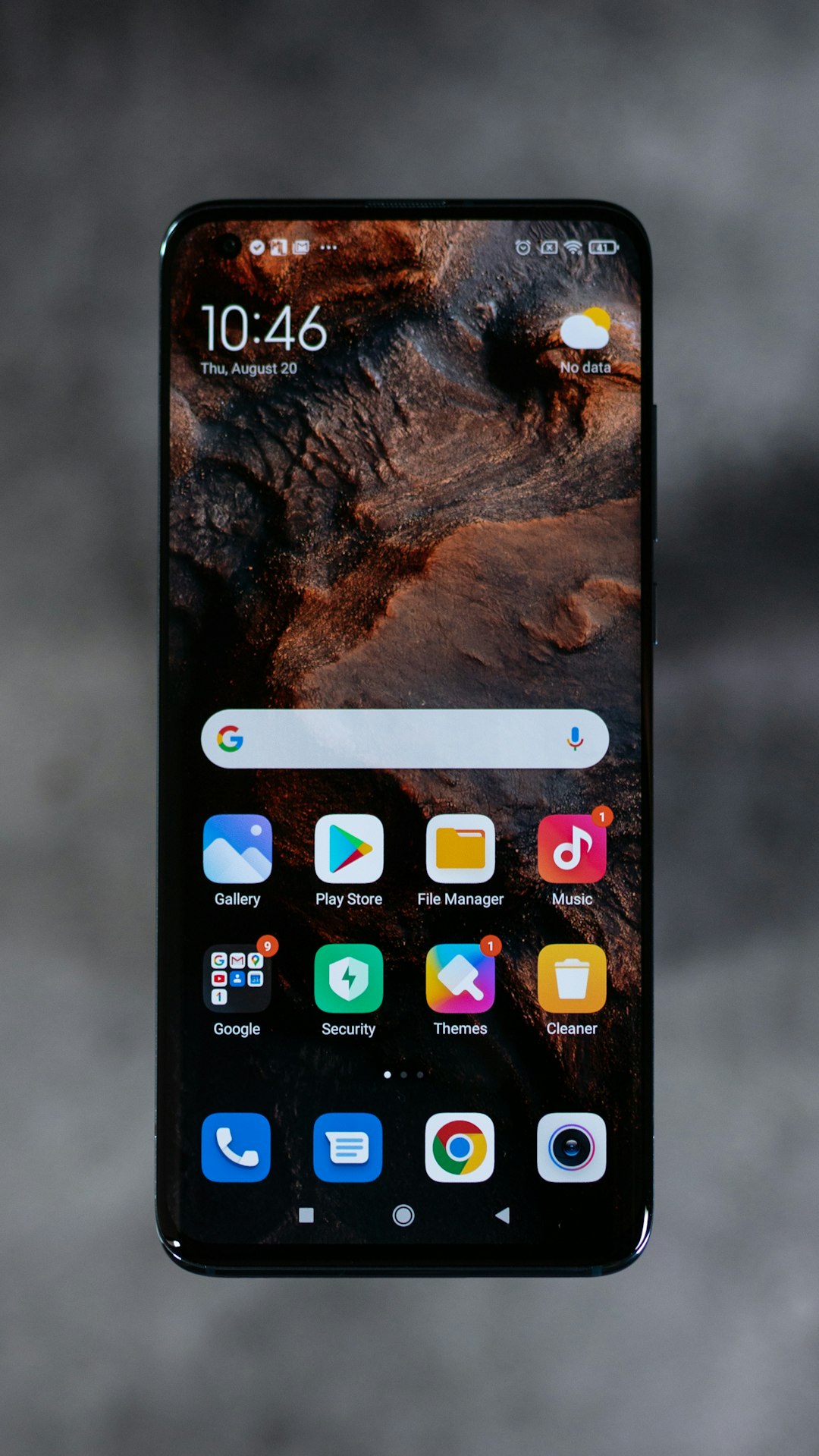Mississippi has stringent robocall laws (§ 75-24-15) to combat spam and protect consumer privacy. These laws require explicit consent for automated calls, mandate clear opt-outs, and enforce strict record-keeping. Advanced apps leverage community data and algorithms to identify and block unwanted calls, strengthening the state's defense against robocall spam. By combining technology with robust regulations, Mississippi offers residents increased peace of mind and sets a standard for other states in combating digital age nuisances.
In the age of relentless robocalls, Mississippi has emerged as a trailblazer with its comprehensive Robocall Laws. This article explores how the state is leveraging technology and innovative apps to combat spam, offering residents much-needed relief. We delve into the robocall revolution in MS, analyzing anti-robocall measures and the evolving landscape of call regulations. Discover how tech is transforming Mississippi’s approach to protect its citizens from unwanted calls.
Mississippi's Robocall Laws: A Comprehensive Overview

Mississippi has implemented strict robocall laws to protect its residents from unwanted and fraudulent calls, emphasizing consumer privacy and safety. These regulations are designed to curb the rising issue of robocalls, which have become a significant nuisance in the state. Under Mississippi Code Annotated § 75-24-15, automated or prerecorded telephone messages are prohibited unless the caller has obtained prior express consent from the recipient.
The laws also dictate that call centers and telemarketers must adhere to specific guidelines, including providing a clear and conspicuous opt-out option during the call and maintaining comprehensive records of consent. Mississippi’s robocall laws aim to strike a balance between enabling legitimate marketing efforts and preventing spam calls, ensuring residents’ peace of mind and protecting their personal information from unauthorized usage.
Combating Spam: The App Revolution in MS

In Mississippi, where robocalls have long been a prevalent nuisance, an app-based revolution is taking place to combat this growing problem. With advancements in technology, developers are creating innovative solutions to counter the deluge of unwanted automated calls, which have become a significant concern for residents under the state’s robocall laws. These apps are designed to empower users with the tools to identify, block, and report spam calls effectively.
By leveraging sophisticated algorithms and community-driven data, these Mississippi-focused applications offer a dynamic approach to spam prevention. They provide real-time protection against fraudulent calls, ensuring that users can enjoy a quieter, more peaceful communication experience. With each download and user contribution, the collective effort strengthens the state’s defense against robocall spam, marking a significant step forward in consumer privacy and protection under the existing robocall laws.
Protecting Residents: Anti-Robocall Measures

Mississippi has taken significant steps to protect its residents from robocalls and spam through the implementation of strict anti-robocall laws. These regulations aim to reduce unwanted phone calls, ensuring a quieter and safer environment for citizens. The state’s efforts include requiring call records to be maintained, setting guidelines for caller identification, and implementing opt-out mechanisms for marketing calls.
By adhering to these robocall Laws Mississippi has become a model for other states in combating spam calls. Residents can now enjoy greater peace of mind, knowing that their privacy is protected and that aggressive marketing tactics are regulated. This proactive approach demonstrates Mississippi’s commitment to preserving the comfort and security of its people in the digital age.
How Tech Can Curb Unwanted Calls

In the age of digital connectivity, robocalls have become a ubiquitous and often unwanted nuisance. However, technology offers a promising solution to curb this growing problem. Advanced call blocking and filtering systems, integrated with machine learning algorithms, can intelligently identify and block automated spam calls before they reach users’ phones. These solutions learn from patterns and behaviors to adapt to new tactics employed by robocallers, ensuring a more effective blockade over time.
Mississippi, like many other states, has implemented robocall laws to protect residents from these intrusive calls. By leveraging tech-driven solutions, individuals can take control of their communication experiences. Apps designed to prevent robocall spam not only provide peace of mind but also empower users with the ability to concentrate on genuine interactions without interruptions from unwanted marketing efforts. This symbiotic relationship between technology and legislation is a step towards a quieter, more respectful digital landscape in Mississippi.
A New Era: MS' Approach to Call Regulations

In a significant shift, Mississippi has taken the initiative to combat the pervasive issue of robocalls and spam by implementing stricter call regulations. This new era of MS’ approach to call governance is a response to the growing frustration among residents over unwanted phone marketing. With a focus on consumer protection, the state has introduced laws that empower individuals to take control of their communication preferences.
The Mississippi legislation aims to create a more transparent and accountable environment for phone calls by holding telemarketers to higher standards. By implementing these robust measures, the state is ensuring that residents are no longer subjected to relentless robocalls, promoting peace of mind and a better quality of life. This proactive step sets a precedent for other states considering similar strategies to combat the ever-evolving landscape of telephone spam.






